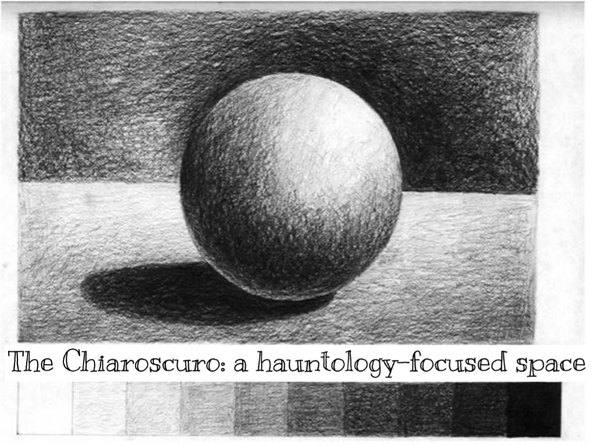A post by Bakir Ovčina
Friday, 17 May 2024
The Ghost of the Ottoman Scourge: Ottoman Hauntology and Dystopia in Socialist Yugoslav History Textbooks (1945–1990)
Thursday, 16 May 2024
Re-imagining the History of British Abolition: The New Historical Consciousness in Winsome Pinnock’s Rockets and Blue Lights
A post by Xiting Qiao
Introduction
Abolitionism, the movement that aimed to end the Atlantic slave trade and to free the enslaved people, was important in the historical development of countries in Western Europe and the Americas. Although the movement began earlier in France and Britain, the United States is written in the history of abolition to have played a more important role. From a historiographical perspective, the movement in the United States was more intense, as a backdrop to the American Civil War. Moreover, it operated in tandem with other social reforms, such as the Prohibition and women’s suffrage movements, thus adding the complexity. On a literary level, slave narratives, abolitionist fiction, and neo-slave narratives also constitute important genres in the African American literary canon, playing an ongoing role in opposing slavery, preserving historical memory, and documenting the progress of civil rights. In the 21st century, the neo-slave narratives produced by cultural industries (musicals, films, documentaries, etc.) have also occupied a central place in the representation of abolitionist history.
-
A post by Sheng-Hsiang Lance Peng Hess (2021) contends that critical reconstructionism and abolitionism prompt us to critically assess and c...
-
The Chiaroscuro is a blog that dances with the spectres of memory—a place where the past is never truly gone but lingers like an elusive sh...
-
Where (ghost)writers reside: launching note In the yore’s embrace, shadows convene, Chiaroscuro and hauntology, unseen. Echoes of epochs, in...

